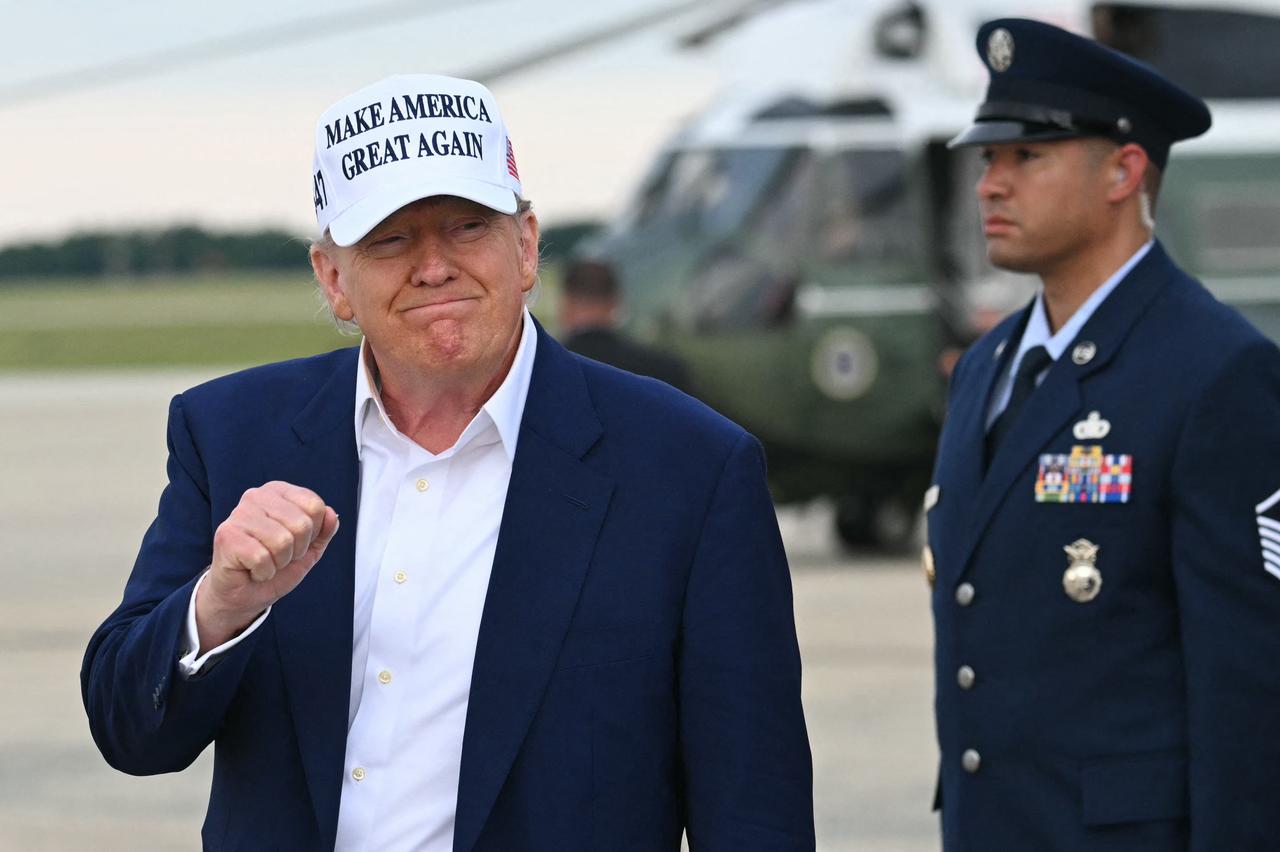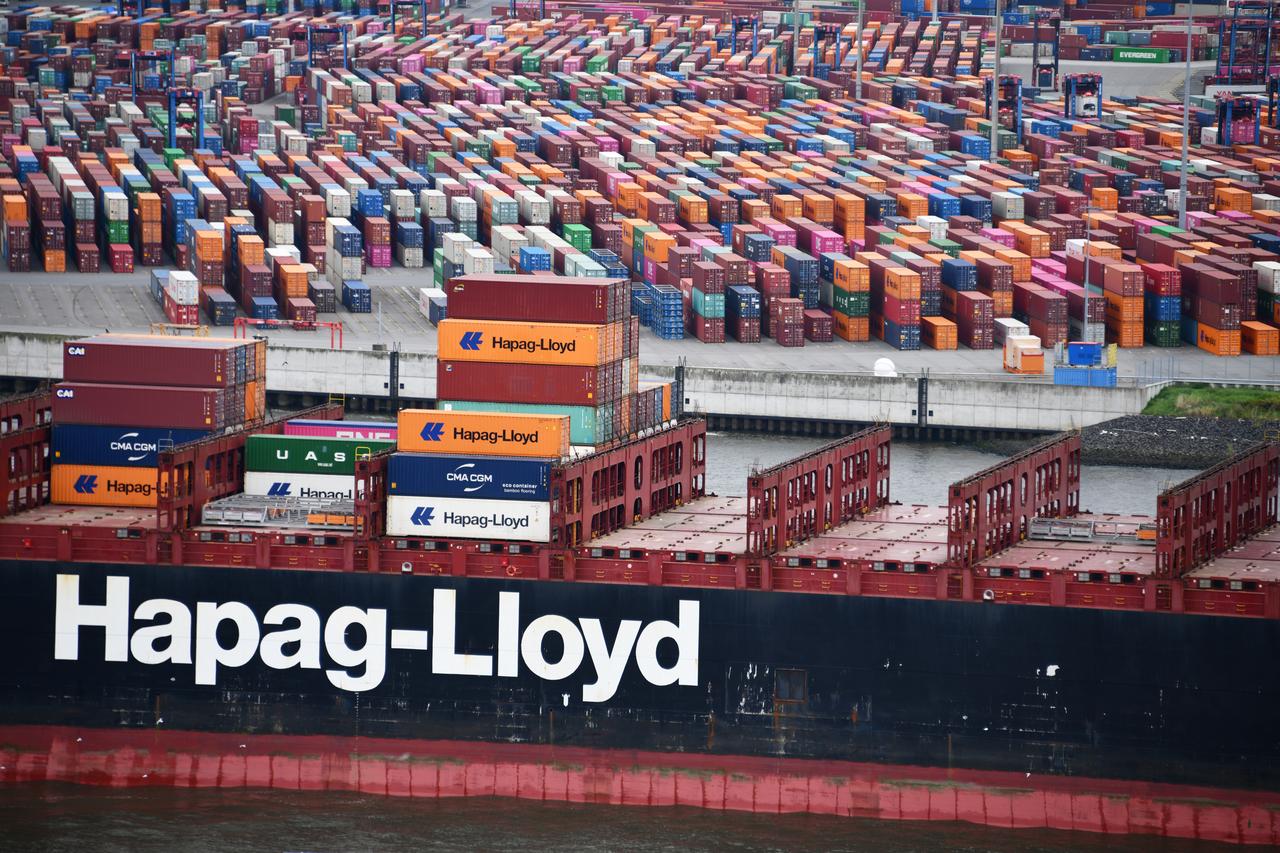
U.S. President Donald Trump has announced a delay to his proposed 50% tariffs on European Union imports, providing negotiators with a temporary window to strike a deal and avoid a potential transatlantic trade war. The decision follows what Trump described as a "very nice call" with European Commission President Ursula von der Leyen on Sunday.
Speaking to reporters before boarding Air Force One in Morristown, New Jersey, Trump said von der Leyen had reached out and asked for an extension of the June 1 tariff deadline, expressing a desire to move forward with “serious negotiation.” Trump confirmed that he agreed to push back the deadline to July 9.
Von der Leyen later echoed this sentiment in her post on X, stating that “to reach a good deal, we would need the time until July 9,” and reaffirmed that “Europe is ready to advance talks swiftly and decisively.”.

On May 23, the U.S. leader posted on Truth Social that discussions with the EU were “going nowhere” and reiterated his belief that the bloc was designed to “take advantage” of the United States. He also said he was “not looking for a deal,” raising fears of a looming escalation.
Earlier this spring, the Trump administration rolled out a wave of new tariffs targeting major U.S. trading partners, including China, the European Union, and ASEAN member states. These measures fell under the framework of “reciprocal tariffs,” reflecting Trump’s long-standing argument that U.S. trade relationships are unfairly skewed.
The U.S. had previously imposed three distinct tariff rounds against the EU: an initial 25% levy on steel and aluminium, followed by a similar tax on automobiles, and a third 20% “reciprocal” tariff on all imports. While the latter measure has been suspended pending the outcome of negotiations, a 10% baseline tariff remains in effect.
The EU has responded to U.S. pressure with a firm stance of its own. Trade Commissioner Maros Sefcovic, who held discussions with American officials on Friday, said Brussels remains “committed to securing a deal” but emphasized that any agreement must be founded on “mutual respect, not threats.”
In parallel, the European Commission has drawn up contingency plans to impose tariffs on U.S. goods valued at nearly €100 billion (approximately $113 billion) should talks break down without a resolution.

At the heart of the transatlantic friction lies a persistent goods trade imbalance. In 2024, the U.S. recorded a trade deficit of $236 billion with the European Union in goods alone. However, when factoring in services—where American companies maintain a competitive edge—the European Commission estimates the overall U.S. deficit narrows to around €50 billion ($57 billion).
U.S. Treasury Secretary Scott Bessent recently weighed in on the situation, indicating that President Trump views the EU’s latest trade proposals as lacking the same “quality” as those offered by other major U.S. trading partners. He expressed hope that the administration’s recent tariff announcements would prompt more serious engagement from Brussels.
For now, the decision to pause tariff implementation until July 9 offers a short-term reprieve. But both sides face mounting pressure to translate this diplomatic opening into substantive progress—lest they risk reigniting one of the world’s most consequential trade disputes.